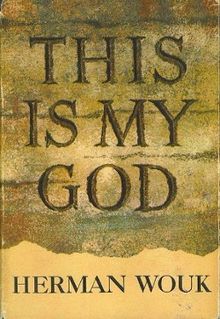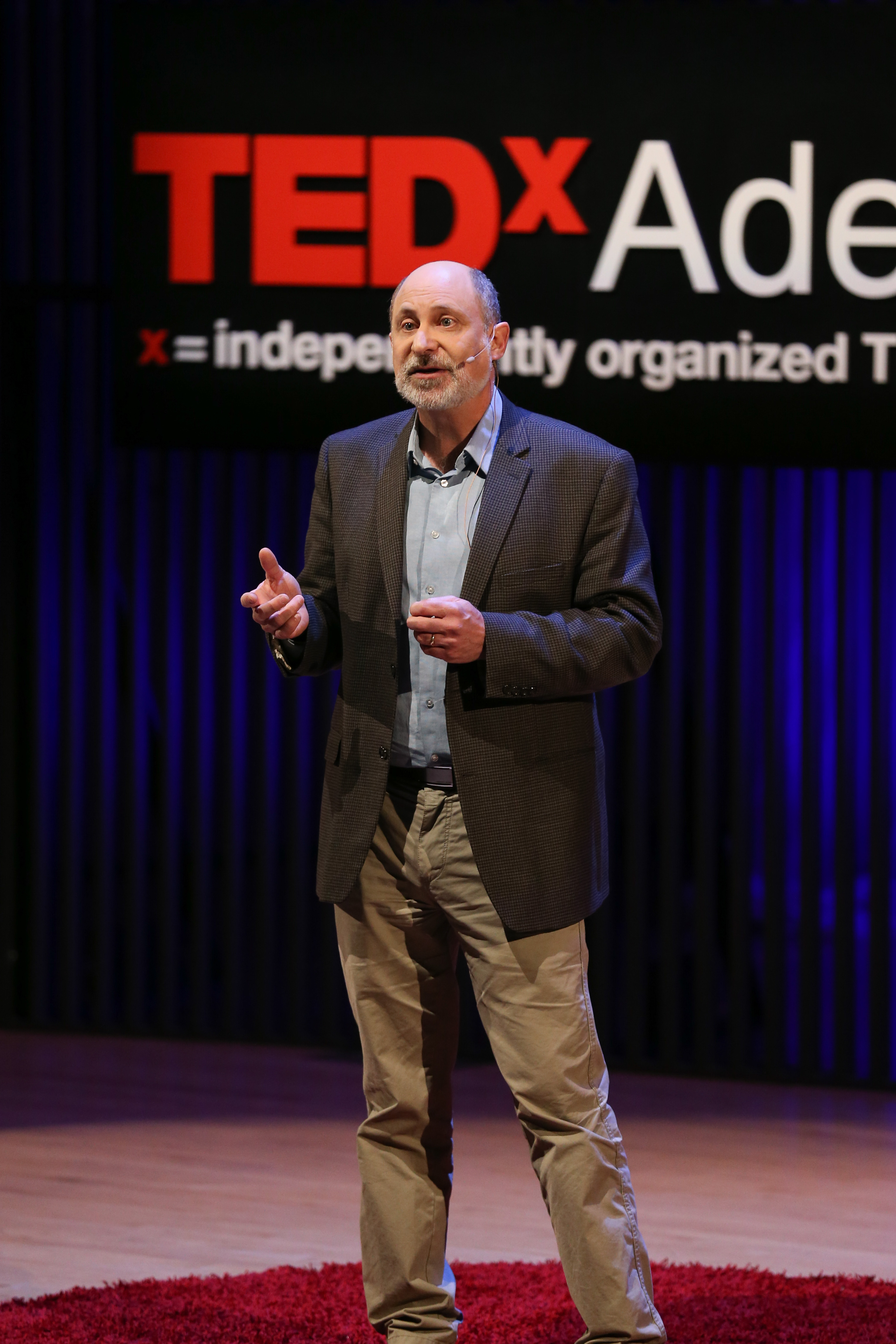When Vice News interviewed the mayor of an Oregon town that lost a third of its housing to last year’s wildfires, the mayor offered the following sentiment. She was asked if encouraging people to return was a good idea with the ongoing threat of another wildfire. Her response was that climate change is everywhere and this is where they were choosing to make a stand.
While her statement is a typical politician’s response, “We can do this!”, her program is a failure. Her determination on behalf of her constituents is admirable, her plan is poorly positioned as is the limited municipal money she has allocated. They are building Recreational Vehicle (RV) hookups to draw back displaced residents who cannot afford to rebuild to return to town. The RV hookups plan is appropriate if the goal is bringing back the tax base; however, the response is valueless if it is meant to be a stand against climate change.
Approving expenditures to help people return sounds worthwhile and a proper function of government at first glance. However, in a time of escalating climate change, the proper first priority of government is not accommodating people. The priority must be creating a survivable environment, a concept that only specialized segments of government bureaucracies who use emergency management centers typically encounter. The goal after such disasters is creating resilience now that the danger is known. A climate-stricken world requires an entire revamping of the role of government, which is a shift from the usual way of doing government business. The new reality is climate change is an ongoing, escalating crisis.
The climate change crisis in Oregon may be wildfires while the coastal flooding is the ongoing destruction in Miami, Florida. California and the rest of the southwestern United States are suffering prolonged droughts. Parts of Germany and Belgium are inundated with swollen rivers while the Indian subcontinent faces the extremes of misplaced monsoons. The eastern seaboard of North America is experiencing more frequent and more powerful hurricanes.
Certain religious traditions have more to say about long ongoing crises than others. Diaspora religions living among other majorities have long understood that there is no instant or elegant solution to resolving a long enduring crisis. Success is not characterized as overcoming or winning, instead success is defined as creating a dynamic balance that adjusts as the surges of tension and confrontation roil.
Most holy scriptures are a chronicle of the crises in the lives of human beings and their nations.[i] The religious voice offers powerful methodologies for navigating the effects of climate change and countering the greedy interests that want us to ignore climate change. Contrary to the sneering condescension of critics, the proffered methods are not “let us pray on it.” Seeking common ground, aligning communal interests, raising and promoting volunteers, redirecting self-interest back to community interest, and confirming universal ideals that can inspire all are some of the religious lessons that people of faith still use today. Multi-religious initiatives for the community’s good inspire and work.
Religions work in a specific manner in the public sphere. They offer established principles that set priorities of action and promulgate rules that define boundaries of acceptable actions. Saving lives is always the highest priority because life is sacred. Preventing the circumstances that threaten life is the next priority because it leads to the highest priority. In contrast, politicians talk about saving money and saving jobs as the highest priorities. The religious models accept those political talking points, but place them within the context of saving lives, putting jobs and money in a healthier and more achievable context.
When my new county executive was elected, I met him at a gala fundraising for another organization. After congratulations and introductions, he asked what was on my mind.
“Asphalt,” I said.
“Come again?”
I continued. “You inherited a budget from your predecessor with a funding structure of replacing roads after twenty years of use. The extremes of climate change in our county have probably reduced the lifespan of our roads by five years, give or take. Did you know this was happening?”
“Let me look into that,” he said.
The upshot of that conversation was an aggressive tarring campaign, where a crew walks every road with a hot tar machine in tow, filling in every crack in the asphalt with tar. The process gives the road another two to three years of life. The tarring program had disappeared in the rush to cut government spending in previous administrations. The tar is inexpensive, but the crew time is costly – not as costly as putting in new roads though. The county executive’s response is an example of the dynamic flexibility required to address the facts of climate change. The politician’s priority of money and jobs was preserved and my priority of preventing destructive circumstances was achieved.
(A quick aside, the asphalt example can be correctly categorized as an example of adaptation. Adapting to climate change is a necessary step that many in the environmental advocacy arena dismiss as a distraction from the goal of clean renewable energy legislation or worse, a surrender to the failure of ridding the world of carbon producing fossil fuels. The events of the past few years have clarified that adaptation will be a necessary component of any climate change legislation, an unfortunate but predictable development. Most politicians are amenable to adaptation spending in their districts.)
While my county executive is an elected position, he used the bureaucracy to address the effects of climate change. The public rhetoric to address carbon pollution often overlooks the power of the bureaucracy. Bureaucracies are slow, rigid, and cranky; they are depicted as prone to corruption with political appointments and highjacked bids. The crimes reach the news cycles, but the day-to-day work, plodding up and down the streets for instance, are beneath notice. Bureaucracies do work and they can be quite powerful.
The dynamic power of a federal bureaucracy can have global reach, addressing not just the effects but the sources of carbon pollution. Reuters reported on August 16th, 2021, that the “U.S. Treasury to oppose development bank financing for most fossil fuel projects.” Fossil Fuel companies can longer use the multilateral development banks across the world to fund their projects. The only exceptions are countries buying coal plants to shut them down and poor countries with no infrastructure purchasing some natural gas-powered generation downstream. Using the bureaucracy, the U.S. government has shut down an the “at the source” funding stream for the fossil fuel industry. The U.S. Treasury is using its leverage in a new manner to shut down new fossil fuel development across the globe. While the U.S. Treasury has offered “guidance” throughout its history, this is a climate first and a welcome one.
Addressing climate change is not about a stand against the effects of climate change. All the industries that oppose addressing climate change are happy with this misguided stance and encourage it. The more effort that is expended on the destruction and costs produced by climate change, the less effort is available to attack the sources of climate change. The mayor in Oregon is truly looking out for her citizens and the town, for which she deserves our compliments and encouragement. People who use their political power to raise the downtrodden and stricken deserve the support of religious affirmation. However, when the means of support are misdirected, more productive actions need to be introduced and corrected if possible.
As we examine the laws, regulations, and allocations in our local communities, we must keep the following mantra in mind: We cannot fight climate change; we can only fight the sources of climate change.
[i] Following Judah Magnes PhD, Gleanings 1948


